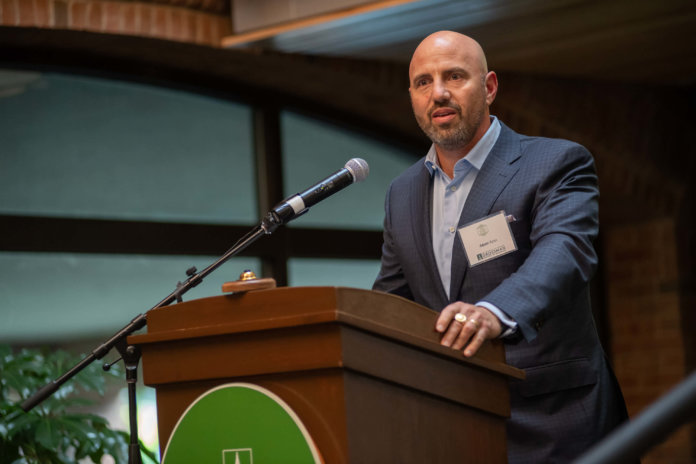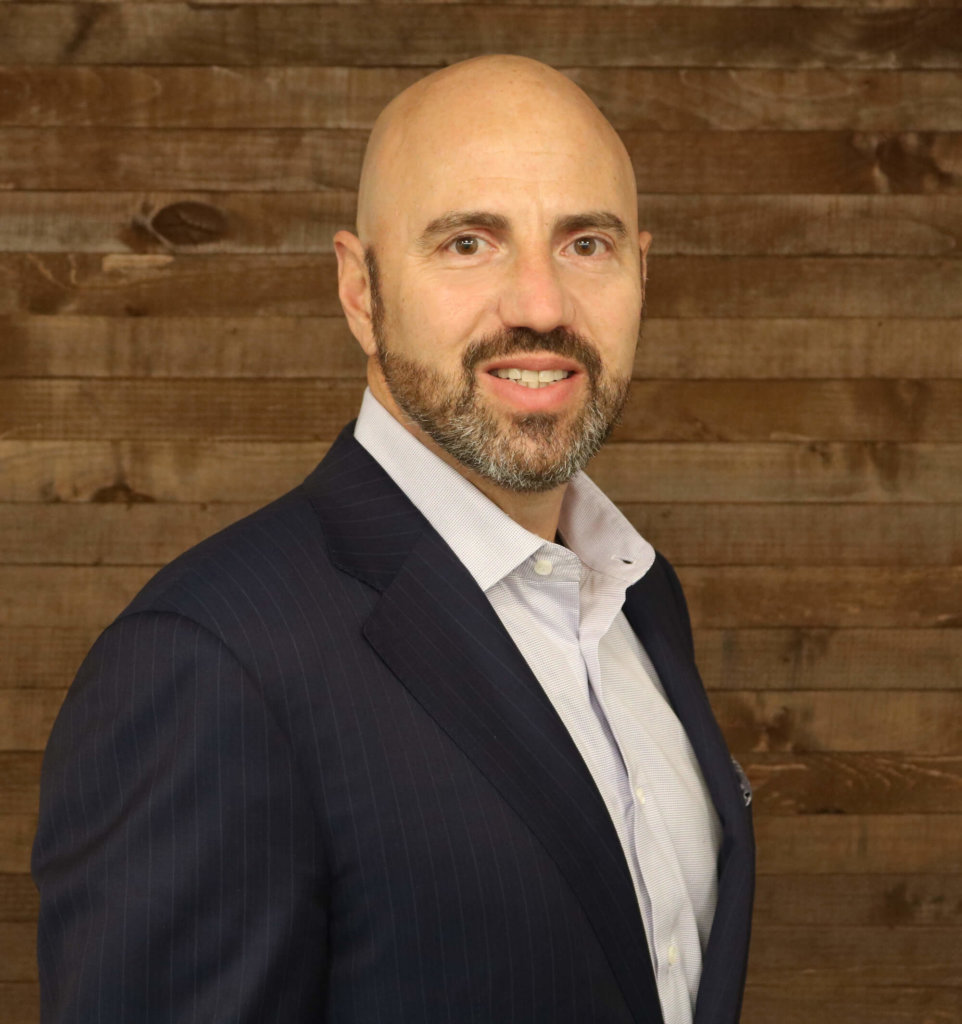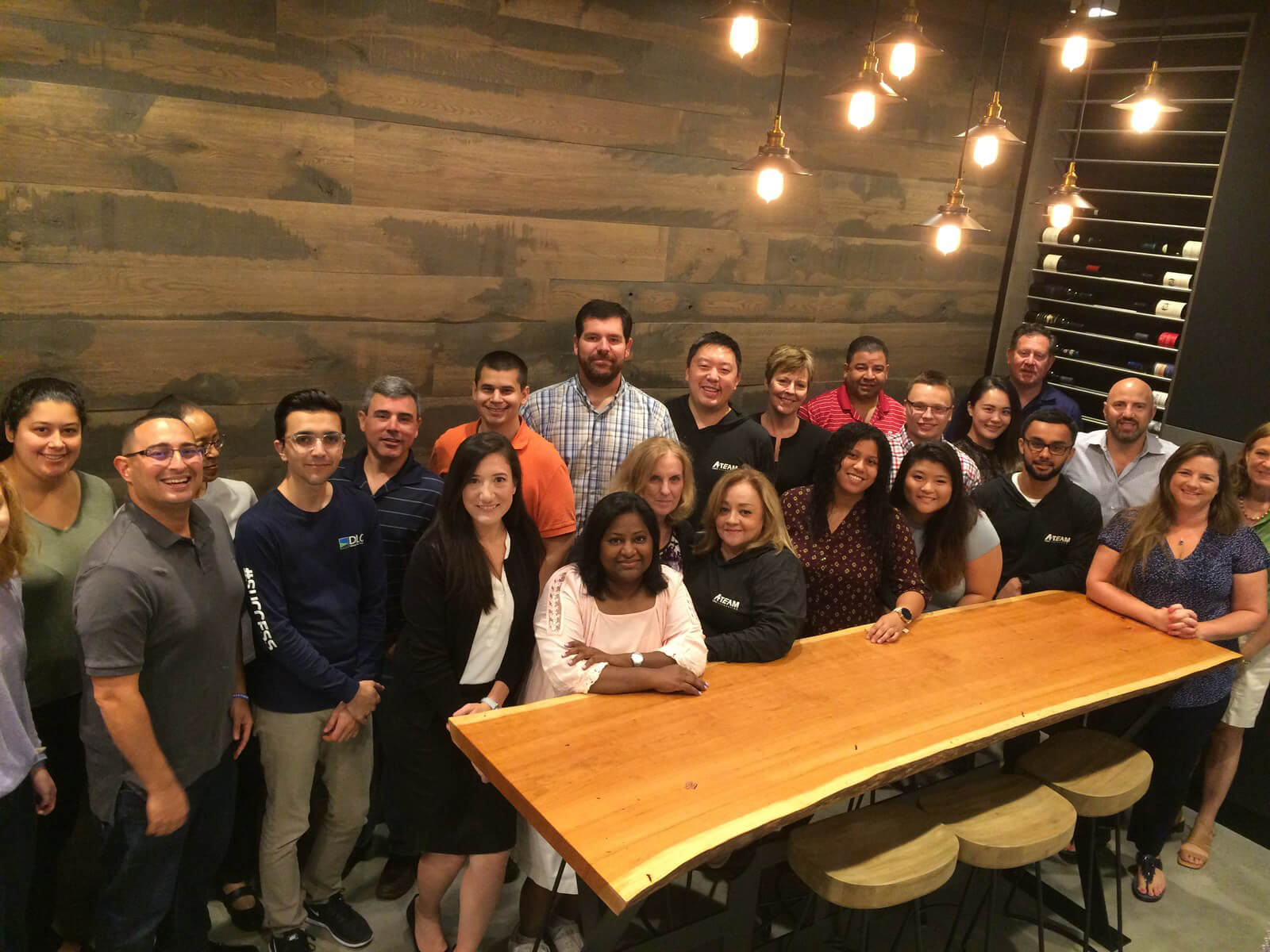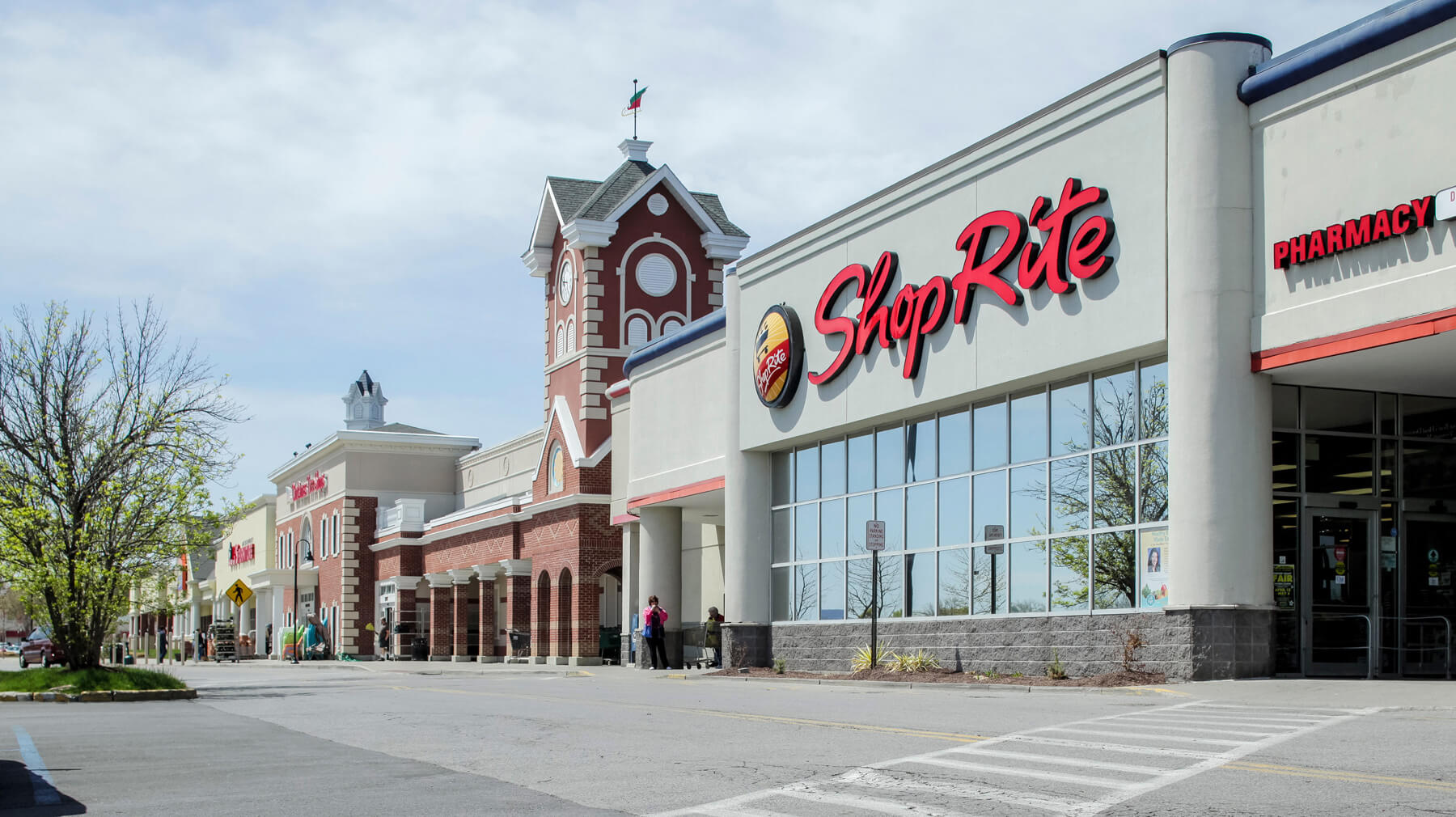
This content is brought to you by the Family Enterprise Case Competition (FECC), the world’s only case competition focused exclusively on family business.
As the CEO of DLC Management Corp – an entrepreneurial real estate firm he co-founded with his father, the late Steve Ifshin, in 1991 – Adam oversees a portfolio that contains over 20 million square feet of retail space concentrated in the Eastern United States.
Under his stewardship, DLC has become one of the leading private owner-operators of open-air shopping centres in America.
Initially, Adam Ifshin’s primary concern for the company was expansion. Now, culture is his priority. Business, in his view, is not just about the numbers; sustaining success is a matter of investing in DLC’s people. The retail property giant’s core values reflect Steve Ifshin’s unwavering belief in his son’s capabilities as a family business leader.
Their journey has not been without challenges. In 2010, DLC came close to going public. After two years of recession, Adam Ifshin found himself at San Francisco airport’s private terminal contemplating the future of his business. DLC owed the banks $365 million. Adam was going to clear the debt with proceeds from a public offer, but something didn’t feel right – the value wasn’t there.
Following his intuition, Adam Ifshin notified his team — the deal was off. Directly after, he stepped out on to the exposed tarmac and called his father.
Steve Ifshin, who was recovering from open-heart surgery at the time never asked his son why, nor questioned his judgement. He simply said, “Get the plane and come home. Tell me what I need to do. I’ll be in the office at six in the morning.”
Had Adam decided to follow through on the offer, the move would have made DLC the largest real estate IPO in the 2009-2010 cycle to that point.
Recently, Adam Ifshin sat down with Tharawat Magazine to discuss why he never regretted that momentous decision, the critical importance of developing exceptional talent and the future of DLC.

How did you and your father begin your entrepreneurial journey?
We started DLC together over 25 years ago. It was an entirely new business, so we didn’t have a vast amount of industry experience. Instead, what carried us – and still does, to a certain extent even after his passing – is my father’s remarkable character and intellectual power. In my view, these qualities are worth more than experience.
Who came up with the business plan?
The business plan, to the extent that there wasn’t one, was all mine. DLC rose from the ashes of a prior failed development business my father owned. He ran three companies over a 30-year period before our joint venture – all three grew to between 20 and 30 employees before imploding because he could never scale. He was a dealmaker and a tactician but not a strategist.
Did your father ever talk about what it was like founding a business with his son?
Once, over dinner, I recall him saying, ‘I finally figured out the greatest decision I ever made in my business career.’ I said, ‘What do you think that is?’ and he replied, ‘I was clever enough to know that when you were 22, you were much smarter than I was, and it would be in my best interest to have you as my partner.’ I was flattered.
What is the role of human capital and culture in DLC?
In terms of selecting team members, behavioural and cultural alignment is more important than any aptitude score on a resume. Business, after all, is about people. Whatever your thoughts are or however you want to define your success, it’s only about people.
Real estate developers, particularly in the United States, are obsessed with the deal, the asset or the building. In DLC 2.0, I came to the realisation that what we do is not fancy. We don’t have any elaborate assets. We solve problems to create wealth. Therefore, the question we must ask ourselves is, how do we build the best team possible?
Admittedly, I spent the first 15 years in the business mistakenly convinced that DLC was a people-centric organisation. In reality, I was obsessed with growth, not human capital. That’s all changed now. Today, if we don’t have enough people to exploit the opportunities we have, then we can’t win, plain and simple.

What is your father’s legacy in terms of the business?
From the very beginning, he understood that employee betterment is the only way forward. Regardless of the industry, complex projects necessitate collaboration; one person’s vision is not enough. My father’s multigenerational legacy is twofold: he left us resolutely optimistic that with the right team, we can solve any challenge. He also imbued DLC with his extraordinary work ethic.
How is DLC dealing with retail sector disruption?
We’re in the open-air shopping centre space. We do not own malls, and most of our tenants are value-oriented. Our clients provide everyday consumers with everyday products at an effective price – Walmart and Target, for example. Their businesses are extraordinarily healthy and expanding, which aligns with our mantra of #SUCCESS. Together, we’re creating value.
That said, I understand that the sustainability of our sector is in question – and has been for a long time. However, we’ve always been a distressed, opportunistic investor, and these conditions will continue no matter what. Also, I have faith in my team and my capacity for leadership, which is another effect of my father’s legacy. I know we can take the skills we have and apply them elsewhere if need be.
For example, five years ago, we did no outside, third-party business. Now, 30 per cent of our business is third-party, running the real estate portions or the full real estate portfolios of space occupiers. One of our current clients is a 30-billion-dollar financial institution; we manage all their leasing and downsizing. We’re outsourcing our skills and experience. The street loves it: for one particular client, we’ve unlocked about $150 million worth of value.

What are skills today that will make your team successful in the future?
We need people who are instinctively great communicators, enthusiastic about working on a team and prepared to take risks as an entrepreneur would. Lone wolves and high performers with an ‘I want to do it all by myself’ attitude have no place at DLC.
Perseverance is critical: the ability to stick to a mission and a business plan – that’s my type of leadership. In the current political climate, it’s easy for people to suffer from self-paralysis, but we want employees prepared to author the things that they can take control of, letting what’s in the rear-view mirror take care of itself.
Why do so many family businesses fail to cultivate an environment where non-family talent can thrive?
In many cases, family members occupy key positions without the requisite skills, which creates a glass ceiling. Not every family member is necessarily suited to any role in the business. We believe in utilising behaviour and personality assessment tools to find roles where people are most likely to succeed. Not everybody has the make-up to sit in a corner office. It takes a unique skill set to excel as a sales leader or an analytics expert on the capital markets team. Employees, family or non-family, have to find the right place.
What are your hopes for the future of DLC Management?
I launched what we call DLC 3.0 in October. It has three overarching goals and four initiatives in place to meet them. Our goals are enterprise scale, which needs to be achieved by growth, best in class team and materially increased speed to execution.
The first initiative involves radically improving recruitment and retention. The second emphasises learning so that we can grow our next generation of leaders and empower them with the right tools, which is the third initiative. The fourth is the rational adoption of new technology, which applies to efficiency and productivity as well as team member experience. The latter, of course, feeds back into retention.
Is the next generation involved in the business?
Six weeks after my father passed away, my daughter asked me out for lunch as a pretext to discuss joining the business. I didn’t see it coming to be honest, but my wife did. Now my daughter sits on a sub-committee which is currently working on one of the aforementioned initiatives. I didn’t put her there – the four senior leaders running that team picked her for her skills and personality.
That said, I don’t know what’s going to happen to DLC from a multigenerational perspective. I also have two sons, a 21-year-old and a 23-year-old. They know the opportunity is there if they want it.
What are the most significant challenges family businesses are facing today?
Unfortunately, a lot of family businesses look in the rear-view mirror too often. Many are preoccupied with the preservation of wealth and indulge in what I refer to as ‘the business lifestyle,’ which has a negative impact on society.
Family business and privately held wealth are the most significant weapons capitalism has against current geopolitical challenges globally. If these pillars decide to go home and protect themselves, then we are in trouble.
At this point, I could pack it in. I could keep 25 employees – a quarter of our current workforce. With a third of the portfolio that I effectively control, I could generate enough cash flow for my family and me in perpetuity. However, this would contribute nothing to society – capital needs to work.










